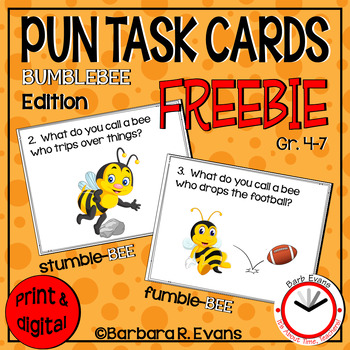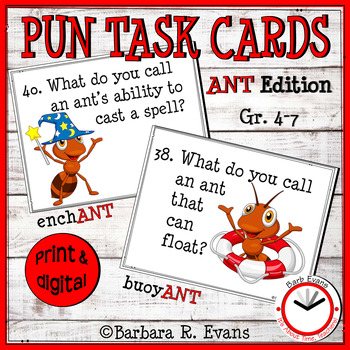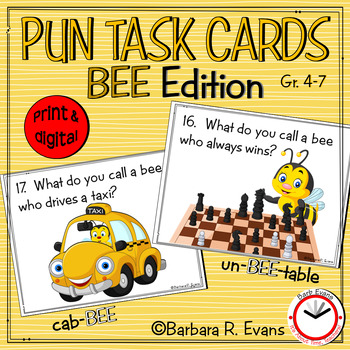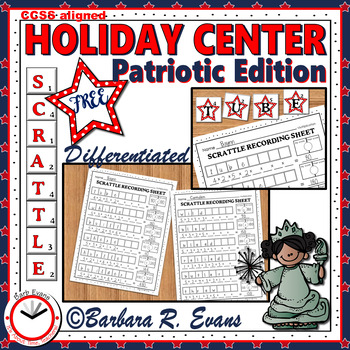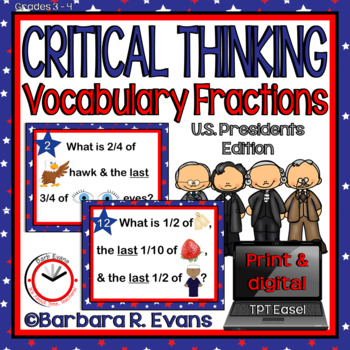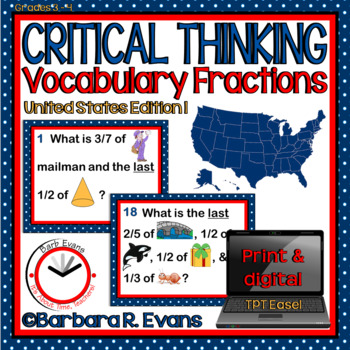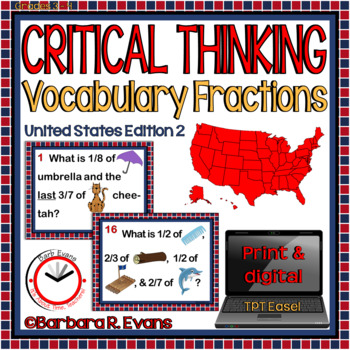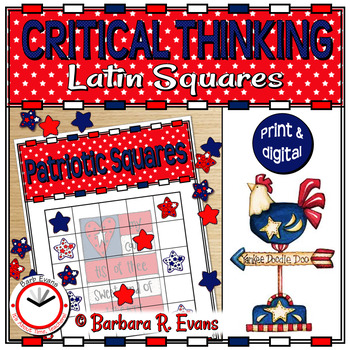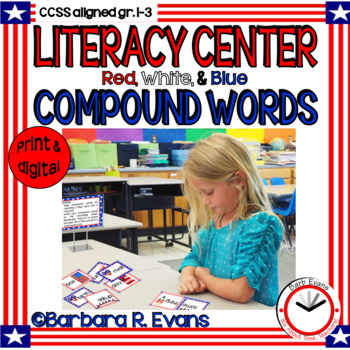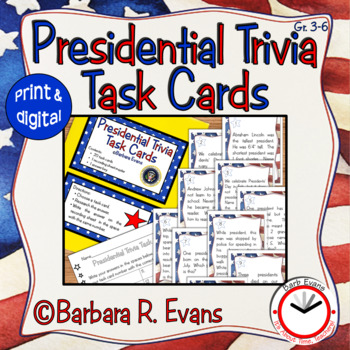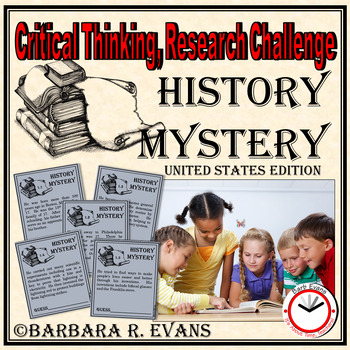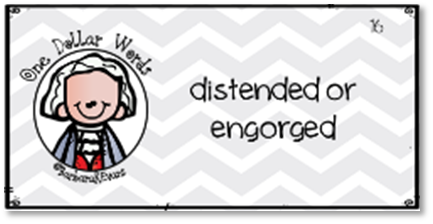Try combining Black History Month with poetry. These are some of the things I love about poetry:
- Poetry uses an economy of words. Thus, it looks different. When I was teaching Title I, my students really brightened up when I presented a poem rather than prose. I have no empirical data to support this, but I believe it was because that economy of words and the extended white spaces made the reading less intimidating.
- The structure of poetry makes it ever so much easier to teach concepts and skills. If, for example, you wanted to teach compound words, finding them in a poem is much easier than searching through a page of prose.
- Whether it’s because of the condensed message, or the engaging lilt of a poem, or both, I believe comprehension is easier, especially for struggling readers.
- Poetry is fun. It’s fun to listen to and fun to read. Poetry with rhythm and rhyme is simply engaging for children.
I 💜 combining disciplines. It saves so much TIME! These poems about notable African Americans and the history of Blacks in America incorporate myriad lessons in ELA, history, and writing.
Bring something new to your teaching with Black History Month Poetry Possibilities.
Your learners will also love Square Puzzlers. This set for Black History is differentiated, allowing even primary students to engage in the challenge. The goal is to reassemble the puzzle pieces into a square array in which the interior images match.












